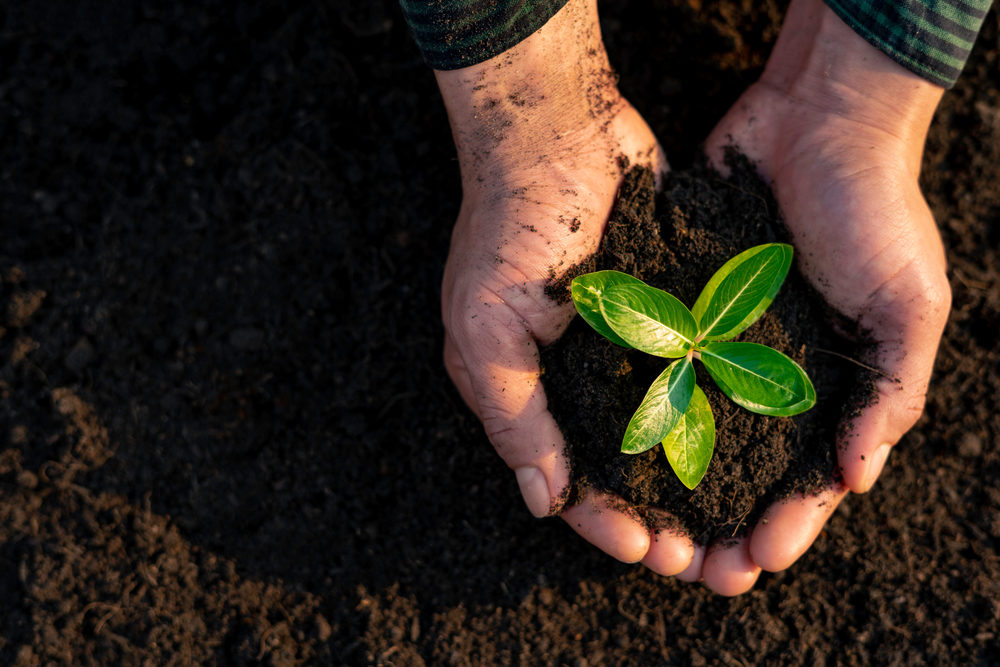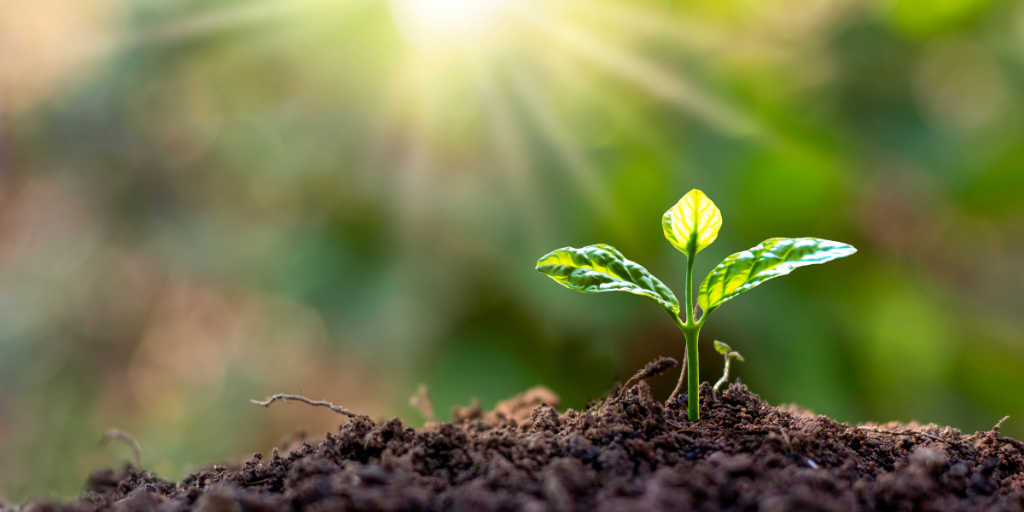Each year April 22nd is set aside to celebrate Earth Day. This day raises awareness regarding environmental issues that are detrimental to not only ourselves, but our planet as well. On this day you will see lots of messages regarding planting a tree, saving water & energy or picking up litter in your neighbourhood. These are great first steps to learn and teach the next generation how our actions impact our environment and the role we all have to play.
One group that understands this relationship very well are farmers. Called “the original stewards of the land” farmers constantly look for ways to lessen our impact on the planet and have been practicing sustainability since before it was popular.
Everyone that works in agriculture, is focused on reducing the impact of our actions on the environment. Although we are all affected by the changes in climate, farmers depend on consistent and reliable weather patterns for every aspect of their operation. During the best of times, some uncertainty is acceptable, but climate change has added more unpredictability into an increasingly uncertain profession.
Climate change has brought many challenges, but it has also provided a lot of room for innovation within the agricultural sector. Farmers and ag professionals are using many modern agricultural practices to ensure safe & affordable access to food, while conserving natural resources throughout the food system. Farmers need to discuss their operations and spread the word about the methods they use to help reduce our impact on the Earth for future generations.
Some of these tools include:
- Soil Conservation
- Plant Cover Crops: this helps to replenish the soil and protect it from erosion
- No till Farming: this method relies on limited or non-mechanical turning of the soil to avoid disrupting the soil and its nutrients
- Rotational Grazing: this involves pasturing livestock in different areas to allow soils and grass to replenish
- Water Conservation
- Waste Control Systems: animal waste management to control, collect and treat waste to reduce runoff and protect water quality
- Focused Irrigation: delivers water and nutrients directly to the roots of the crops to reduce water usage and loss
- Wildlife Conservation
- Invasive Species Management: system for removing any non-indigenous plant, weed, insect or disease that adversely affect our food system
- Habitat Regeneration: Increasing the biodiversity in an area by re-introducing native plants to restore and balance the ecosystem
Agriculture and the agri-food sectors are catalysts for meaningful change when tackling the issue of our impact on the Earth. These agricultural practices build resiliency towards future environmental issues and help mitigate some of the current climate challenges.
Educational Resources to Celebrate Agriculture on Earth Day
- Reduce your food waste
- The National Zero Waste Council – Love Food Hate Waste website includes tips to reduce your food waste and keep it fresher for longer
- Buy local and/or Visit a Local Farm – Here are a few suggestions to get you started!
- Little Brown Cow – Brantford, ON
- J & E Meats – Croton, ON
- Fraberts Fresh Foods – Fergus, ON
- Learn about a Circular Food Economy with Our Food Future
- Organize a farm to school program with
- Learn more about the agricultural industry in Ontario by listening to The Back 40 Podcast
This Earth Day, consider the role farmers play in being not just producers of food, but environmentalists as well. When faced with increased challenges including climate change and a growing population, farmers continue to provide safe, reliable and nutritious food. Agricultural research and innovation will continue to make farmers more resilient. Research has led to an increasing their conservation practices and reducing their environmental impact. Farmers have a unique relationship with the earth which motivates them to do everything to protect and preserve it now and for future generations.





